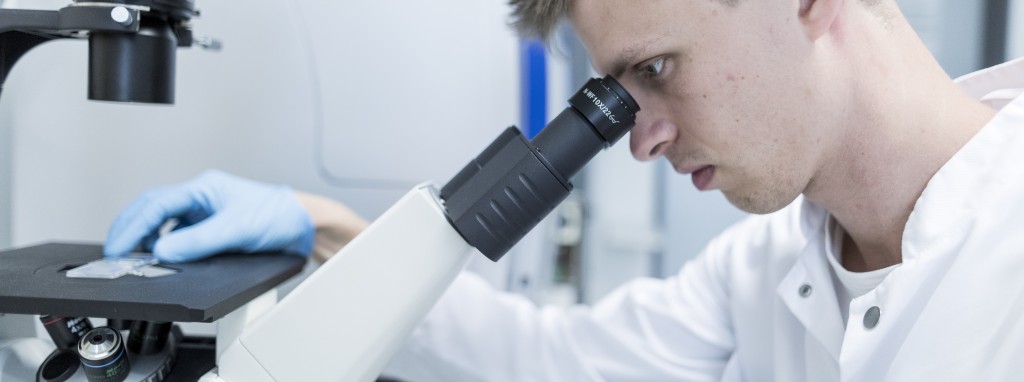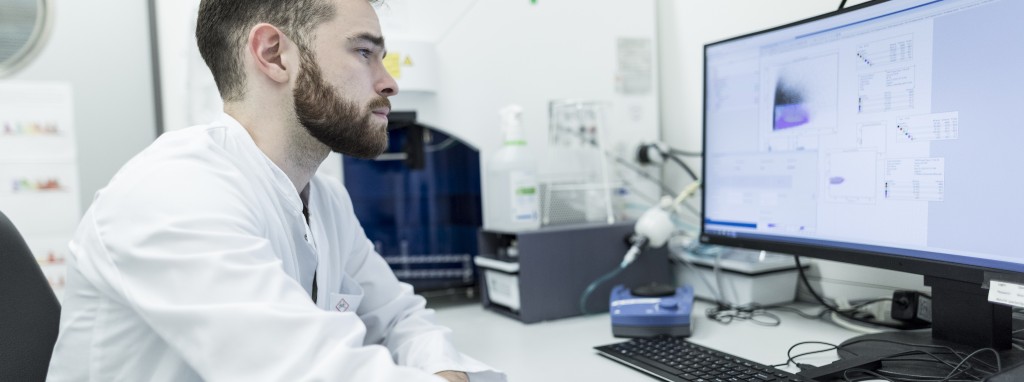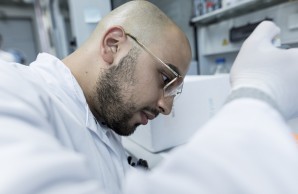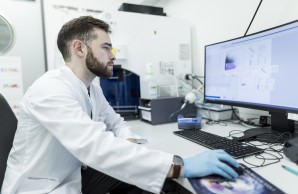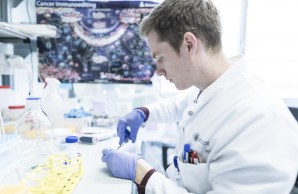Research – AG GAGLIANI
Area A
Basic Aspects of CD4+ T Cell Biology
CD4+ T cells are a plastic and heterogeneous population made up of subsets that differ in cytokine production, cell surface markers, function and tissue specificity. Although there have been efforts to classify these subsets based on surface markers and signature cytokines, unsupervised analysis of CD4+ T cell populations shows an unexpected heterogeneity which is not reflected by the classical textbook nomenclature. Supporting this, the use of cytokine fate-mapping mouse models revealed that some CD4+ T cell subsets can adapt their functionality during the development of the immune response. Redefining the classification of CD4+ T cells by understanding their plastic developmental trajectories and identifying the epigenetic and molecular mechanisms controlling these trajectories are some of the main topics of our group.
Area B
Immune adaptation of CD4+ T cells to environmental changes
CD4+ T cells possess the ability to switch from a pro- to an anti-inflammatory function, i.e. immune adaptation. The consequences of dysfunctional immune adaptation are clear: the immune cells either fail to mount a protective response to lethal infections, or they overreact to non-harmful antigens and, in doing so, induce a variety of immune-mediated inflammatory diseases (Xu H. et al Nat Comm 2020).
CD4+ T cells adapt in response to both “classical” immune stimuli, such as infections, and “non-classical” immune stimuli, such as changes in dietary habits. In addition, the immune adaptation of CD4+ T cells varies across different organs. There is indeed a conspicuous number of resident CD4+ T cells that have established an intimate and diverse relationship with each organ, which is not yet fully understood.
Our lab is particularly interested in decoding the organ-specific response of resident CD4+ T cells to different classical and non-classical stimuli, with a particular focus on the diet.
Area C
The role of CD4+ T cells in immune-mediated inflammatory diseases and cancer
CD4+ T cells are key players in orchestrating a context-appropriate immune response, but their protection comes at a price. They can, in fact, also promote immune-mediated inflammatory diseases (IMIDs), including the development of inflammation-induced carcinogenesis. By profiling resident T cells and their interactions with other immune and non-immune cells in a broad spectrum of diseased human organs at single-cell resolution, we are delineating a new anthology of T cell function in IMIDs and cancer. Using in vitro 3D culture, we validate the newly discovered functions of these cells and provide the scientific and clinical community with new targets for potential future immune therapies.


